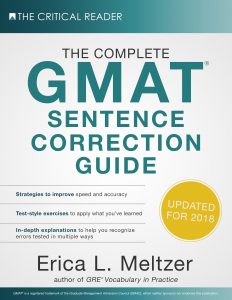The questions about justice that motivate Plato’s Republic posed in a series of dialogues that continue among various interlocutors at length but never giving rise to a fixed doctrine.
(A) The questions about justice that motivate Plato’s Republic posed in a series of dialogues that continue among various interlocutors at length but never giving rise to a fixed doctrine.
(B) The questions about justice that motivate Plato’s Republic are posed in a series of dialogues that continue among various interlocutors at length but never gives rise to a fixed doctrine.
(C) The questions about justice that motivates Plato’s Republic are posed in a series of dialogues continuing at length among various interlocutors but never give rise toward a fixed doctrine.
(D) The questions about justice that motivate Plato’s Republic are posed in a series of dialogues that continue at length among various interlocutors but that never give rise to a fixed doctrine.
(E) The questions about justice that motivate Plato’s Republic are posed in a series of dialogues that continue at length among various interlocutors but never give rise toward a fixed doctrine.
Scroll down for the answer.
Answer: D
Subject-Verb Agreement, Parallel Structure, Idiom
The original version contains two errors: first, The questions about justice that motivate Plato’s Republic posed in a series of dialogues should read The questions about justice that motivate Plato’s Republic are posed in a series of dialogues – a passive construction is required for the sake of logic here. In addition, the –ING word (giving) after but creates a fragment; a conjugated verb is required instead. To check the remaining answers, look for splits – there are two involving verbs. First, (C) contains motivates (singular), whereas the other answers contain motivate (plural). The subject of the verb is questions (plural), so motivates is incorrect. That eliminates (C). Next, (B) contains gives (singular) whereas the other answers contain give (plural). The subject of this verb is dialogues, plural, so gives is incorrect. You can also think about this answer in terms of parallel structure: give must be parallel to continue (dialogues that continue at length among various interlocutors but never give rises). (D) and (E) are very similar; the only major difference between them is the idiom, which you must know to answer the question: the correct version is “give rise to,” not “give rise toward,” so (E) can be eliminated, making (D) correct.
Shortcut: the GMAT has a particular liking for parallel structure involving that. (D) is the only answer in which the word that before the word but (that continue at length) is echoed in the second half (that never give rise).
